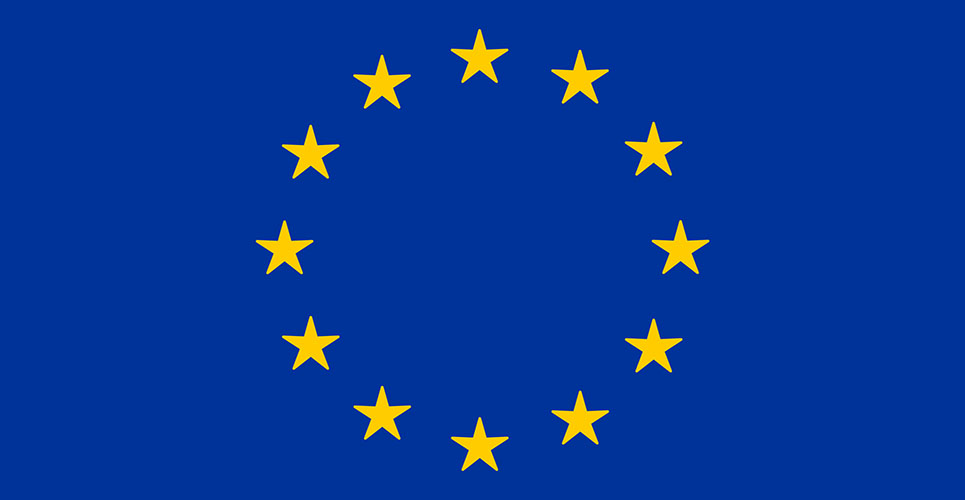teaser
What does the future hold for the European
health insurance industry?
Brian Edwards
CBE
Emeritus Professor of Healthcare Development
University of Sheffield
UK
Former President
HOPE (European Hospital and Healthcare Federation)
Brussels, Belgium
There has been an international flavour to medicines policy in Europe of late. The Indian Government have been protesting strongly against the seizure of Indian drugs by EU Customs officers checking for contraband and patent violation. India sees these seizures as protectionism as Indian drug companies try to break the stranglehold of the big pharmaceutical companies on supply to the developing world. They claim to be able to beat prices by twenty fold.
Cipla claims to have produced a generic version of the antiviral drug Tamiflu but no country it appears is willing to purchase it for fear of violating international intellectual property laws. Ranbaxy Laboratories, India’s largest generics producer has said that it to could create a generic version of the drug but they will face the same legal barriers.[1]
Meanwhile negotiations continue between the EU and the Andean countries (Peru, Colombia, Ecuador and Bolivia) with public health experts trying to assess the potential damage to the public health if the negotiations fail. Drugs are big business which is why this is a matter for trade agreements rather than discussions between health ministries.
The direct to consumer advertising (DTCA) arguments continue with American attempts to establish a bridgehead in Europe making little or no progress. The European Union continues to ban this practice leaving only America and New Zealand who allow it. Even a modest weakening of existing laws is being blocked by 22 EU member states who have come out against rules designed to improve information for patients involving the pharmaceutical companies. This has more to do with protecting budgets than patients rights as perhaps the only thing that is agreed by all the parties is that DTCA increases demand. It also costs an enormous amount of money ($5 billion in 2008) which has to be added to the price.
The Obama review of the American health system is unlikely to lead the legislation to ban it despite the claims, by some, that part of the reason that the USA’s drug bill is so completely out of control is direct to consumer advertising. Opponents argue the opposite of course, that it has a highly beneficial impact by encouraging patients to seek medical advice that may help them manage their conditions and avoid unneeded hospital stay. What recent pressure may do is force the companies to strengthen their voluntary code.
But it is health insurance companies and organisations in Europe that have been watching the Obama moves most closely. The bill that was recently passed by the US Congress effectively creates a federally regulated market place that will provide coverage for 96% of Americans. Most citizens will be required to take out health insurance although there will be federal subsidies for those who cannot afford it. Large companies will have to continue to provide coverage for their employees. Denying insurance on the basis of pre-existing conditions will be banned and insurers will no longer be able to charge higher premiums on the basis of gender or medical history. This is bound to be looked at most carefully by those countries in Europe who operate their health systems with health insurance. I sense a new Directive in the wind for the European health insurance industry!
References
1. Financial Times, Brussels Trade. 7/8/2009.
